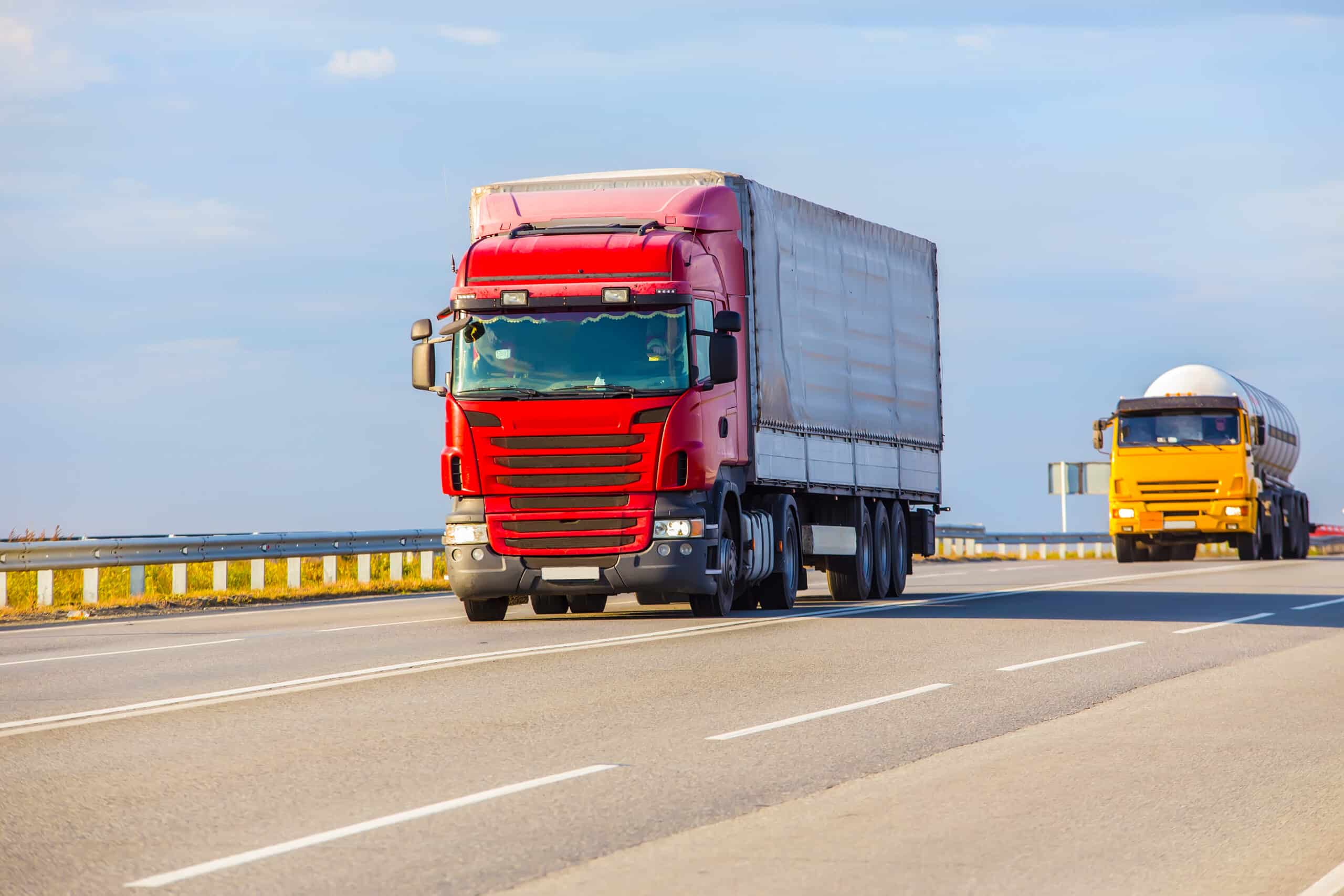Survivors of a truck accident, together with their loved ones, are likely to be shaken and uncertain about their next steps to legal recovery, especially if it is not clear who is at fault. Private drivers now use enormous light-duty trucks that increase the risk for other drivers. Some employees and self-employed haulers may use their trucks in ways that make it unclear who is responsible for accidents. And new legislation has just changed the legal landscape in Georgia for suits against trucking companies, making it more difficult to sue insurance companies directly in the future.
How Does Accident Recovery Work in Georgia?
When a Georgia accident only involves non-commercial drivers, determining who could be liable is more or less straightforward. If you have been struck by a private individual’s car, you typically seek recovery from their insurance company. Georgia law requires individual drivers to carry liability insurance of at least 25/50/25, which is short for:
- $25,000 for bodily injury per person
- $50,000 for bodily injury per incident
- $25,000 for property damage per incident
Within Georgia, commercial truck operators must carry at least $100,000 in insurance for bodily injury per person, $300,000 for bodily injury per incident, and $50,000 for property damage. For interstate truckers driving vehicles over 10,000 pounds, the federal government requires at least $750,000 in liability insurance, depending on the size and usage of the vehicle.
In many situations, the insurance company may offer an unreasonably low settlement—a typical tactic to persuade you to sign away your rights without getting everything you are entitled to. They may even deny that their driver is liable, claiming that you were at fault for the accident. You have the right to sue for your damages.
A Confusion of Parties
In a commercial truck accident, seeking recovery can become a shell game. Several parties may be liable:
- The driver
- The trucking company behind the delivery—whether it is the driver alone as an independent contractor, a large motor carrier, or a logistics firm
- The manufacturer of the truck, the trailer, or another defective part that led to an accident
- The company that loaded the cargo, if the cargo was responsible for the accident
Until this year, it was also possible to add the trucking company’s insurer directly to a lawsuit, but the law has been changed. After July 1, 2024, it will not be possible to name that insurer as a party in a Georgia accident recovery suit unless the company is bankrupt or the company or the driver cannot be served.
Employers are traditionally liable for the accidental damages caused by their employees, a legal theory called “respondeat superior.” Trucking companies will look to avoid liability whenever possible by claiming that the driver was either not acting as an employee or not an employee at all. Many interstate truckers do work for themselves as independent contractors. However, thousands of these are “leased” owner-operators who lease their vehicles to a single company and effectively work for them.
Commercial drivers have to abide by state and federal safety regulations. Both Georgia and the federal government have hours of service (HOS) rules regulating rest and duty periods for heavy vehicle drivers. These are meant to ensure that truckers are not driving fatigued.
Federal regulations also address maintenance schedules and drivers’ usage of certain medications. However, tight schedules and pressure from the top often push truckers to evade these regulations. If a trucker was involved in an accident after breaking regulations, they may face civil penalties as well as liability.
A Georgia truck accident attorney knows how to investigate a truck accident and determine what could have happened. Truck accident investigations may require expert assistance in interpreting data from the vehicle’s HVEDR, an event data recorder that preserves evidence of the driver’s last actions.
Securing Your Recovery
Your attorney can determine who among all these parties is liable, how much liability each party has, and how they can be legally held accountable. Personal injury attorneys specialize in determining how to manage a recovery as quickly as possible for their clients, allowing them to get the resources they need to heal and return to their lives.
Georgia’s personal injury recovery laws follow the rule of modified comparative negligence. If a plaintiff was partly at fault for an accident, they may still be able to recover their damages, but their damages will be reduced. If, for example, the court finds that a plaintiff was 20% at fault, the plaintiff can still recover 80% of their damages. But if the plaintiff was 50% or more at fault, they cannot recover at all.
After reviewing the evidence of an accident, insurance adjusters estimate a percentage of fault and base their settlement offer on this percentage. Although a truck accident survivor may be entitled to extensive compensation for their medical bills, lost wages, and more, the insurance company will avoid paying as much as it can. Without legal representation, an accident survivor may feel intense pressure to accept a small settlement.
An experienced truck accident attorney understands how to analyze an incident and challenge the insurance company’s report. They will work to achieve the best possible settlement, and if the company does not make an acceptable offer, they can bring the case to trial.
Our Gwinnett County attorneys want to talk to you about your experience in a Georgia truck accident. Call us today at 678-325-3434 to schedule your free initial case review.





 6185 Crooked Creek Rd NW Ste. H
6185 Crooked Creek Rd NW Ste. H Se Habla Español
Se Habla Español






